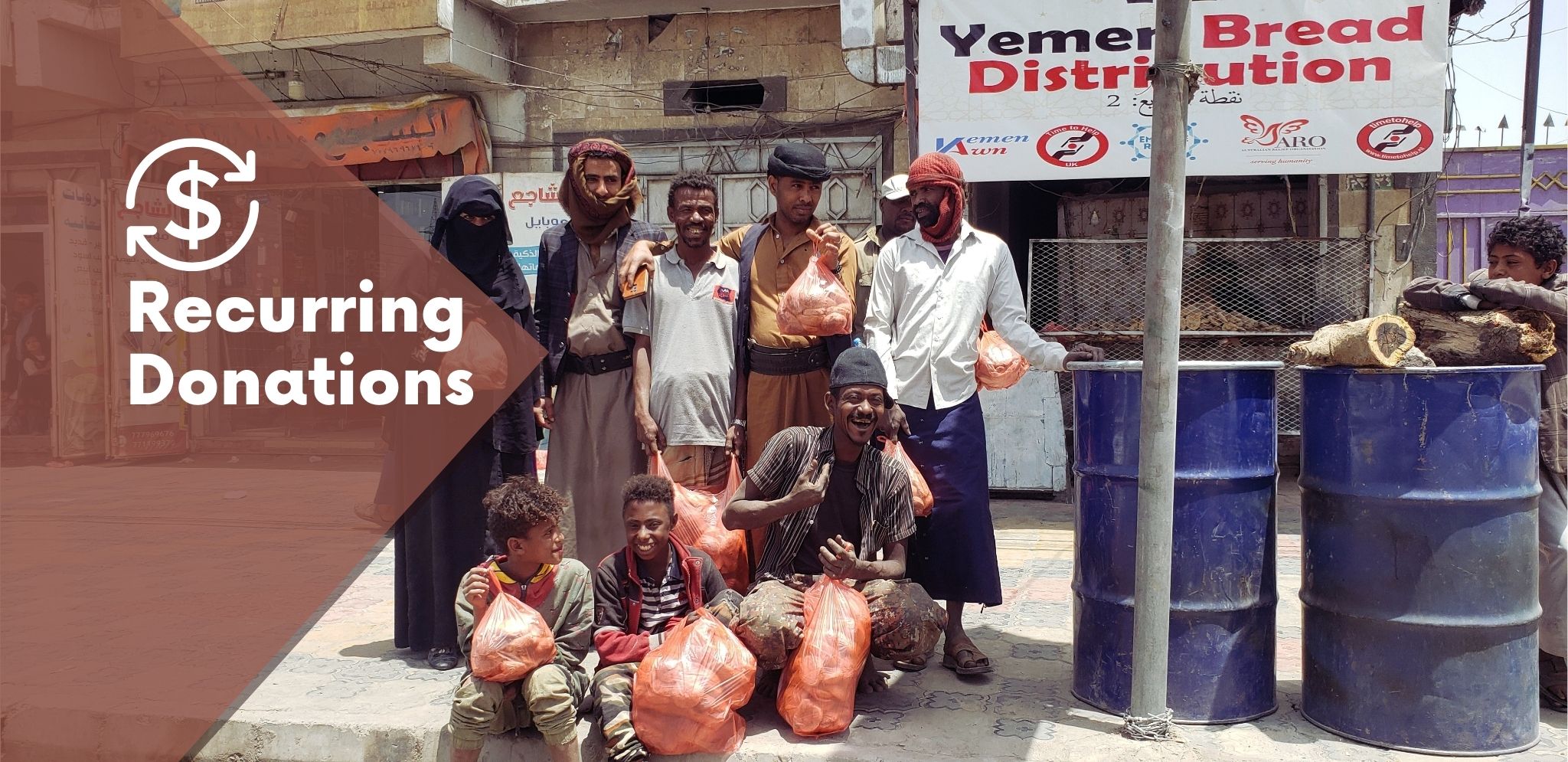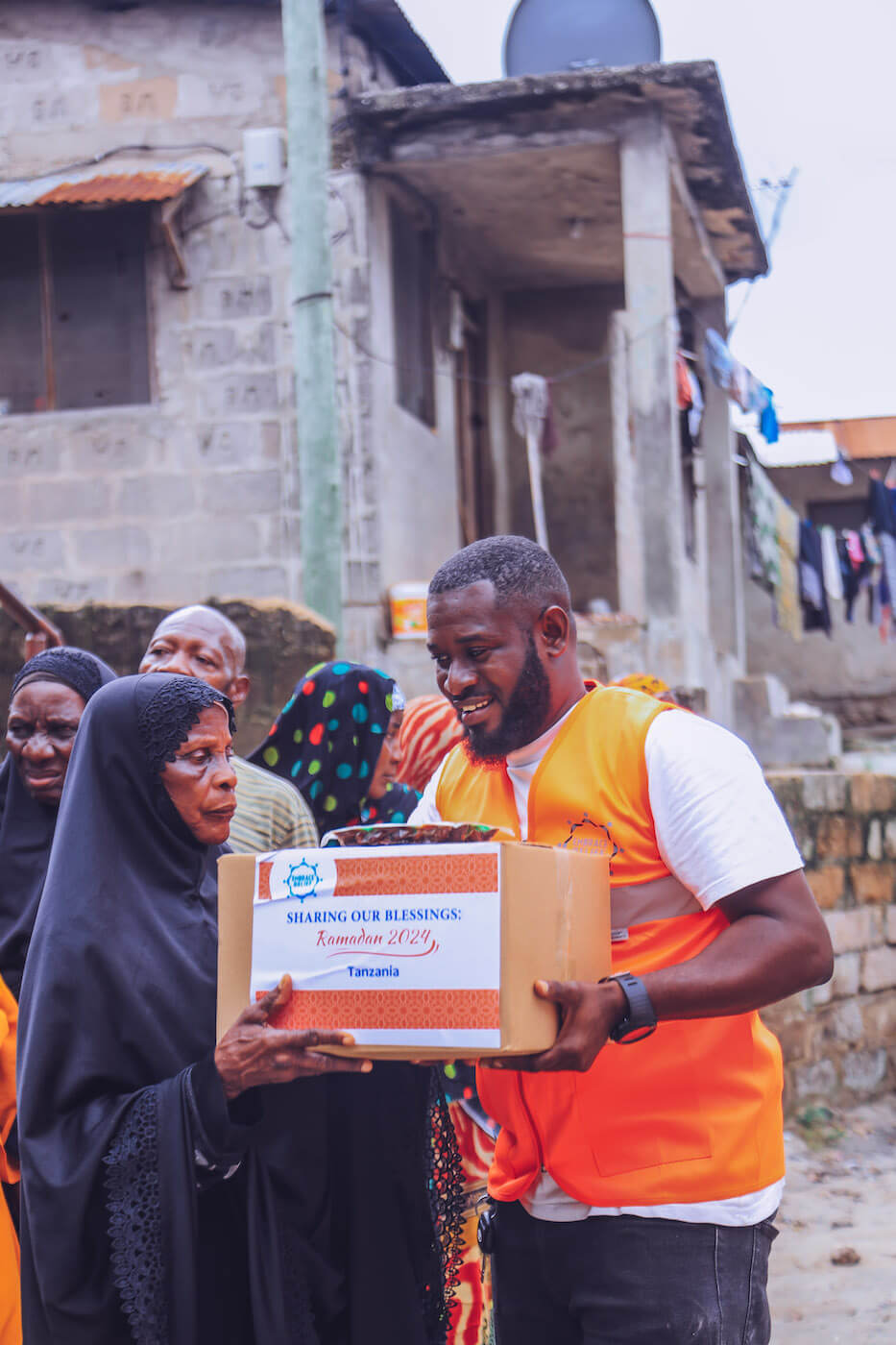Ramadan, the holy month of fasting in Islam, is a time for spiritual reflection, self-discipline, and acts of worship. For Muslims worldwide, fasting during Ramadan is mandatory, as it is one of the Five Pillars of Islam. However, there are certain exceptions under Islamic law. Understanding who should fast during Ramadan is essential for adhering to Islamic teachings while maintaining health and well-being. In this blog post, we’ll explore the key guidelines regarding fasting eligibility, exemptions, and responsibilities.
Who Is Obligated to Fast?
Fasting during Ramadan is obligatory for all Muslims who meet the following criteria:
- They have reached puberty. Children are not required to fast until they reach the age of puberty. However, many families encourage younger children to practice fasting for shorter periods, to develop good habits and to prepare them for the full fast later.
- They are mentally and physically capable. A person must be of sound mind and healthy enough to endure fasting. Elderly individuals or those with chronic illnesses that make fasting harmful are exempt. Instead, they can offer a fidya (charitable compensation) by feeding a needy person for each day of fasting missed.
- They are residents. Travelers, particularly those undertaking long or strenuous journeys, are temporarily exempt from fasting. However, they must make up for the missed days once their journey is over.
- They are not pregnant, nursing, or menstruating. Women in these conditions are exempt from fasting but are required to make up the missed days later, when they are able.
Any Muslim who does not meet any of the four above conditions is required to fast during Ramadan. However, young children, the elderly, the chronically ill, and pregnant, nursing or menstruating women may be excused from fasting.
Responsibilities and Spiritual Rewards
For those exempt from fasting, Islam provides alternate ways to participate in Ramadan’s spiritual rewards. Acts such as increased prayer, charitable giving, and reading the Quran can enrich the holy month. Additionally, those who make up their fasts or offer fidya fulfill their religious obligations while upholding the spirit of Ramadan.
Fasting during Ramadan is a profound act of worship, but it comes with flexibility and understanding for those who cannot observe it due to valid reasons. By adhering to these guidelines, Muslims ensure they honor their faith while prioritizing health and compassion. If you’re uncertain about your eligibility to fast, consulting a knowledgeable scholar or imam can provide clarity.
Remember, the essence of Ramadan lies not just in abstaining from food and drink but in nurturing a deep connection with Allah, practicing self-restraint, and spreading kindness.
This Ramadan, help feed people in need with Embrace Relief
One of the best ways to spread kindness is to share one’s blessings with those who need it most. During Ramadan 2025, Embrace Relief provides the perfect opportunity to share your blessings by making a donation to our International Hunger Relief campaign.
Every dollar you donate will help us provide nutritious food packages to families in need across nearly two dozen countries around the globe – from Tanzania and Mali, to Yemen and Indonesia, to Greece and Brazil, or even amongst our neighbors here in the United States.
During our 2024 International Hunger Relief: Ramadan campaign, thanks to the generosity of donors like you, Embrace Relief was able to distribute food to more than 68,000 people in 21 countries spanning 5 continents. In 2025, we want to make an even greater impact – but we need your help to do it!
When you give to Embrace Relief this Ramadan, you will make a powerful difference in the life of a vulnerable family. Just $35 can provide a family of five with enough food for a full week, so don’t delay! Donate today by clicking here, or by using the form below and help Embrace Relief share nutritious food with our friends around the globe.






















